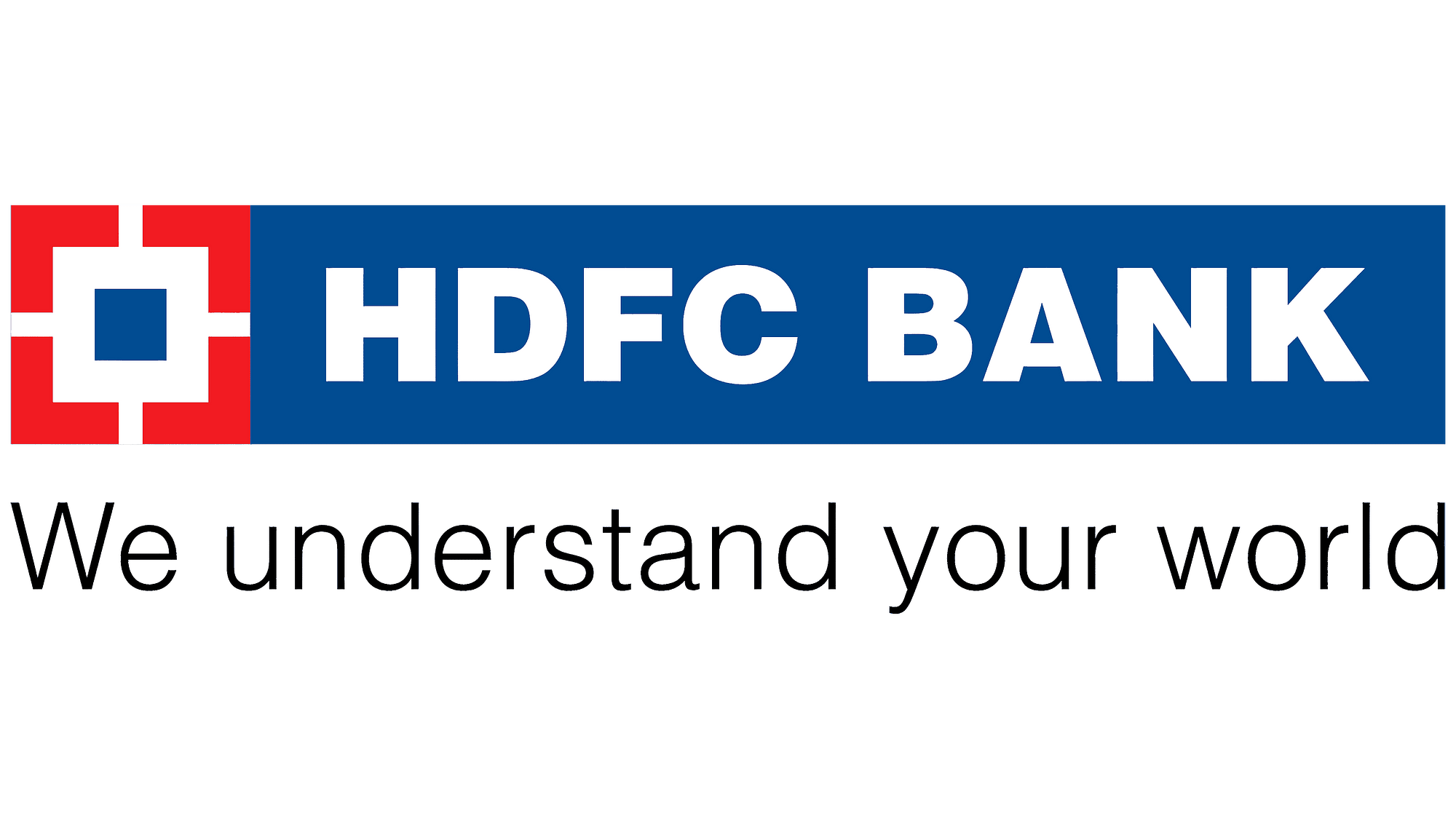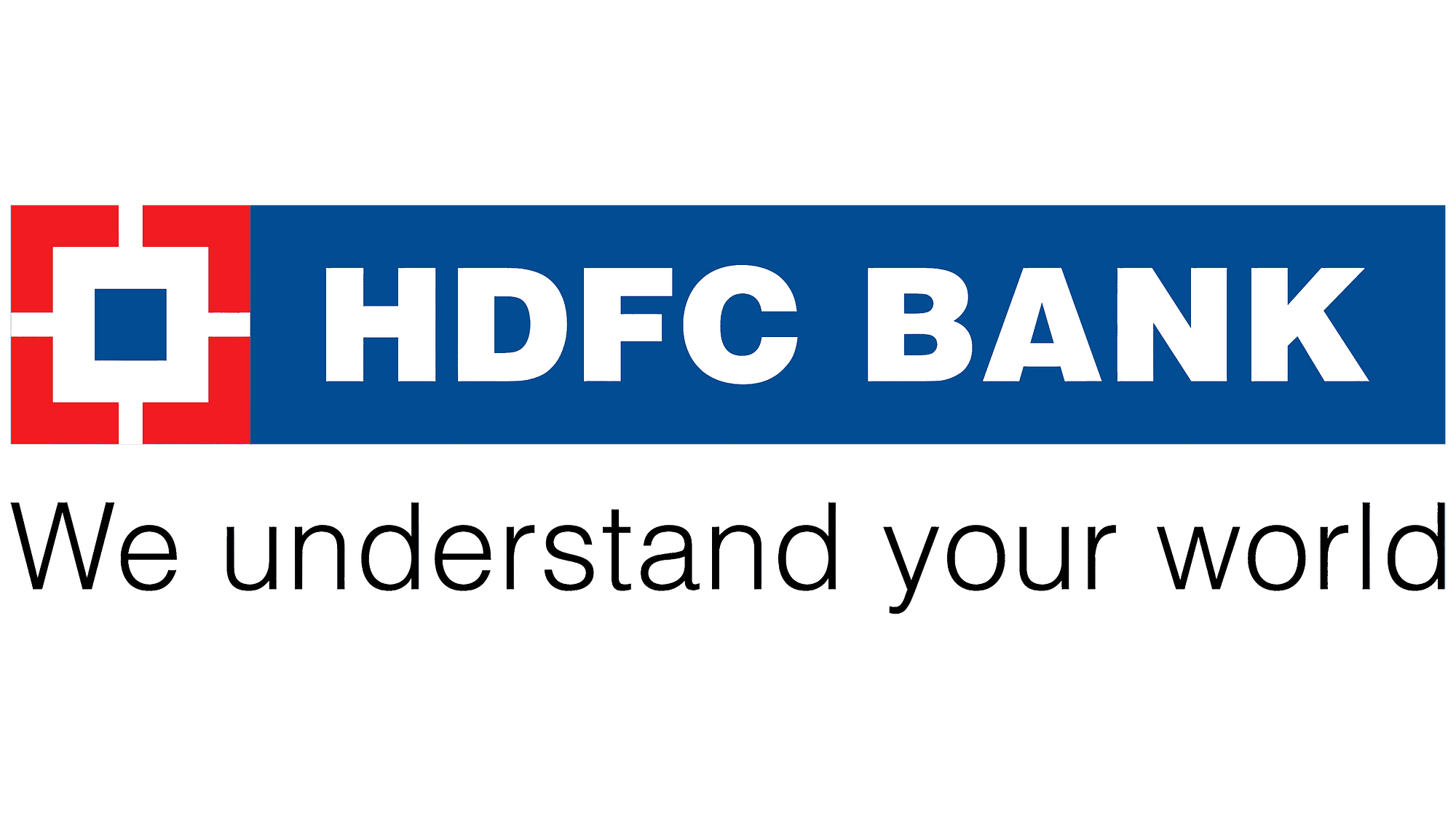Financial Risk Management

Financial Risk Management (FRM) is a critical discipline that focuses on identifying, analyzing, and mitigating risks that can impact the financial health of an organization. In an ever-evolving global market, financial risks stem from various sources, including market volatility, credit risk, liquidity issues, operational challenges, and regulatory changes. A well-implemented risk management strategy is essential for protecting an organization’s financial stability and long-term profitability.
Type your text
Importance of Financial Risk Management
-
Protecting Assets and Profits: Financial risk management helps organizations protect their assets and maintain profitability by identifying potential risks and implementing mitigation strategies.
-
Improving Decision-Making: A strong risk management framework enables more informed decision-making by evaluating the potential outcomes of various financial strategies and investments.
-
Maintaining Regulatory Compliance: Proper risk management ensures that companies comply with financial regulations, avoiding costly fines and legal consequences.
-
Enhancing Reputation: By effectively managing risks, companies can build trust with stakeholders, investors, and customers, leading to stronger relationships and a better reputation in the marketplace.
Tools and Techniques in Financial Risk Management
-
Risk Assessment: A thorough evaluation of potential risks, including both qualitative and quantitative analysis.
-
Hedging: Using financial instruments like derivatives (options, futures, and swaps) to offset potential losses in investments or business operations.
-
Stress Testing and Scenario Analysis: Testing the organization’s financial models against extreme scenarios (e.g., market crashes, economic downturns) to gauge resilience.
-
Value at Risk (VaR): A statistical technique used to estimate the maximum potential loss over a specific time frame, under normal market conditions.
-
Diversification: Spreading investments or exposures across different assets, industries, or regions to reduce the impact of a single risk.
Careers in Financial Risk Management
Professionals in this field often hold roles such as:
- Risk Manager: Oversees the organization’s risk management strategies and ensures the company is protected from financial threats.
- Credit Risk Analyst: Evaluates the creditworthiness of individuals or businesses to minimize potential loan defaults.
- Market Risk Analyst: Monitors and assesses risks associated with market fluctuations, advising on risk mitigation strategies.
- Operational Risk Manager: Focuses on managing risks within the organization’s operational processes and systems.
here...

Where your financial dreams
become reality



Soft Skills
It is a long established fact that a reader will be distracted by the readable content of a page when looking
Classes & Training
It is a long established fact that a reader will be distracted by the readable content of a page when looking
CV & Linkedin Profile Building
It is a long established fact that a reader will be distracted by the readable content of a page when looking
Final Selection
It is a long established fact that a reader will be distracted by the readable content of a page when looking













.png)

.png)




























